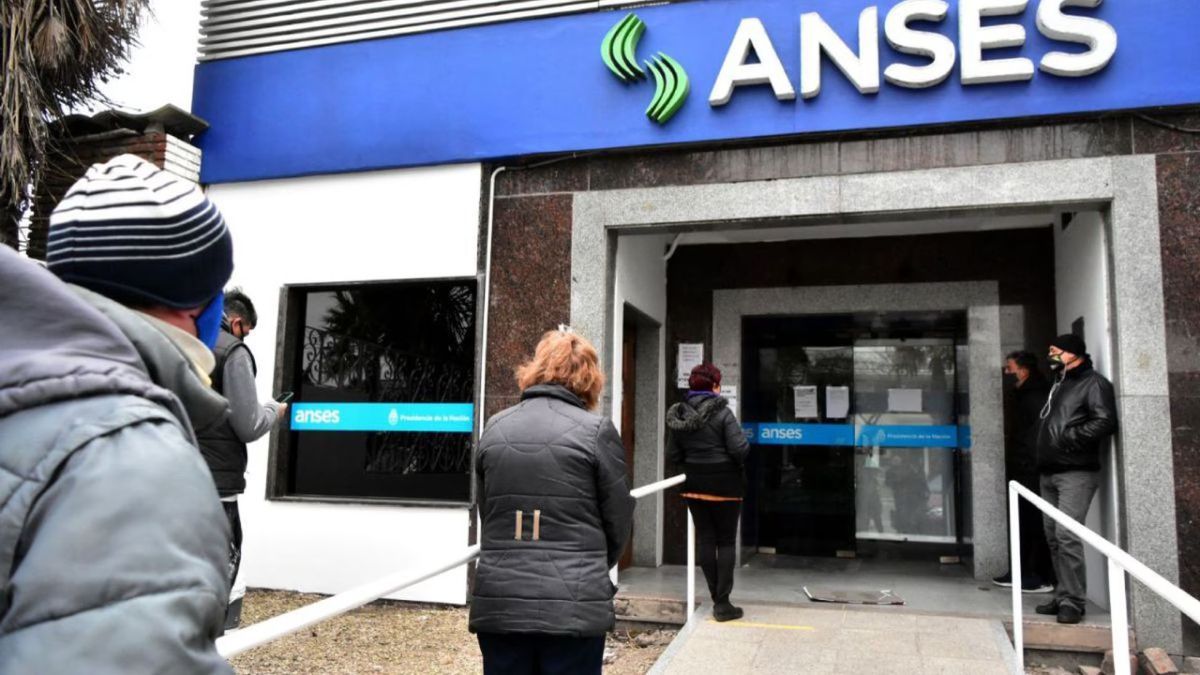The Ministry of Economy, headed by Sergio Massa, defined that public bodies divest their holdings in dollars in order to control the exchange rate gap and finance the Treasurywhich will be defined in the decree that will be published this Thursday with the “fine print”.
The largest contribution will come from the Sustainability Guarantee Fund (FGS), since it has US$11.8 billion of nominals between Bonares and Globales (almost all of Bonares), according to estimates from 1816, based on public information. Although the holding of the Central Bank is greater, with US$15.3 billion in nominal terms (almost all of Bonares), the consultancy estimates that they will not sell them.
The sale of bonds in dollars from public bodies will be defined based on bidding, although the schedule with the dates has not yet been defined, according to what they commented to Ámbito. According to 1816, in the tenders there would be some US$15,000 million of Bonares, so almost 80% of the offer will be from the FGS, which depends on fernanda ravertaholder of the Anses.
According to the latest official report from the FGS, from the second quarter of 2022, the agency has US$35,614 million in national public securities, that is, 73% of its entire portfolio. This percentage participation, in the pre-pandemic (December 2019) was 64.6%. Putting the magnifying glass on the national public titles, it is observed that the vast majority are bonds in pesos at a variable rate (CER), in 54.1% of the total FGS, and in second place follow the bonds in dollars at a fixed rate, 12.1% of the total FGS, and 16.6% of the total percentage of national public securities.
The operation will be as follows: the GD bonds, a holding under foreign legislation, will be given directly to the National Treasury, which will delist them, upon removing them from the market. They may exchange it for new debt under local legislation, which will be a Dual Bond. On the other hand, it will gradually sell the AL bonds, under local law.
Of that sale, the 70% consideration will be like that of global bonds: the Treasury will give the FGS a Dual Bond, that is, adjusted for inflation or devaluation, so it “does not depreciate”, according to official sources. It will have a “high” positive rate, as they add, of 8%, in the “long term” (13 years).
From Economy they assure that the FGS will be able to buy the dual bond at 60% of its technical value, “which directly implies a revaluation of the FGS portfolio by approximately US$2,000 million dollars.” Economic consultants who preferred not to be mentioned assured that it is not yet possible to know with certainty this revaluation, since it will be necessary to see the real value of the new titles to see the patrimonial effect, beyond accounting.
On the other hand, from the sale of AL bonds, 30% of the proceeds, which are approximately $400,000 million, will become part of the FGS, “providing greater liquidity”according to Economy. Anses sources anticipated that they will be allocated to productive projects. Currently, the FGS allocates 23,664 million to productive or infrastructure projects, which is equivalent to 4.1% of the total participation of the FGS portfolio. Although this 4.1% is almost double that of two years ago (2.1% in 2020), it does not reach the 5% established by the FGS law.
In dialogue with Ámbito, Alejandro Vanoli, former head of the Central Bank and of Anses, analyzed the impact of Massa’s measure on the FGS. “The economy suffers the shock of the drought and the global crisis unleashed by the bankruptcy of the SVB, in addition to all the shocks for external and internal reasons, including the political and economic management struggles prior to July 2022. Not only retirees but citizens would be worse off with a devaluation (given the current context) or in a situation where the State cannot finance itself, or must do so entirely with issuance”.
However, he also stated: “Financial engineering can provide short-term answers. To give a comprehensive technical response, we will have to wait for the final version of the DNU and the Economic regulations to see the financial and accounting impact on the FGS. For an economic plan that solves the fundamental problems of the external sector, political conditions are required that are not present today, and hopefully after the elections there will be a political power that has a consensus for its adoption.
Along the same lines, an economist from a consulting firm that Massa usually goes to, opined: “With the information we have today, the FGS loses out because they exchange bonds in dollars under New York law for bonds in pesos indexed to Argentine law, and above with longer duration. In essence that profit is to book the bonds at technical value instead of market value.”
Source: Ambito




